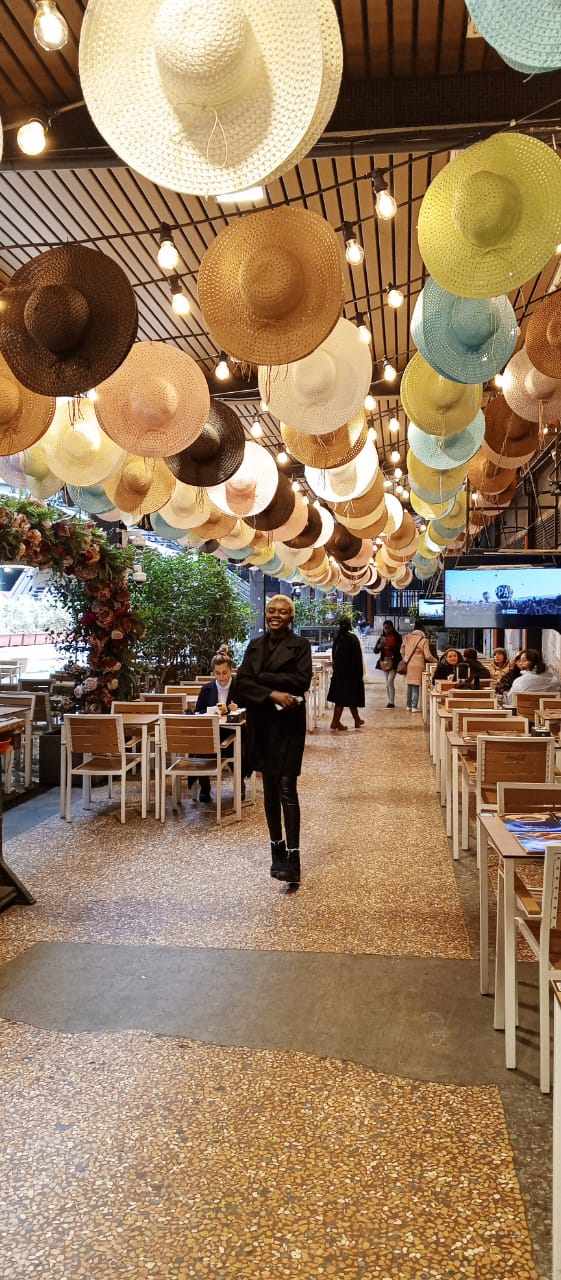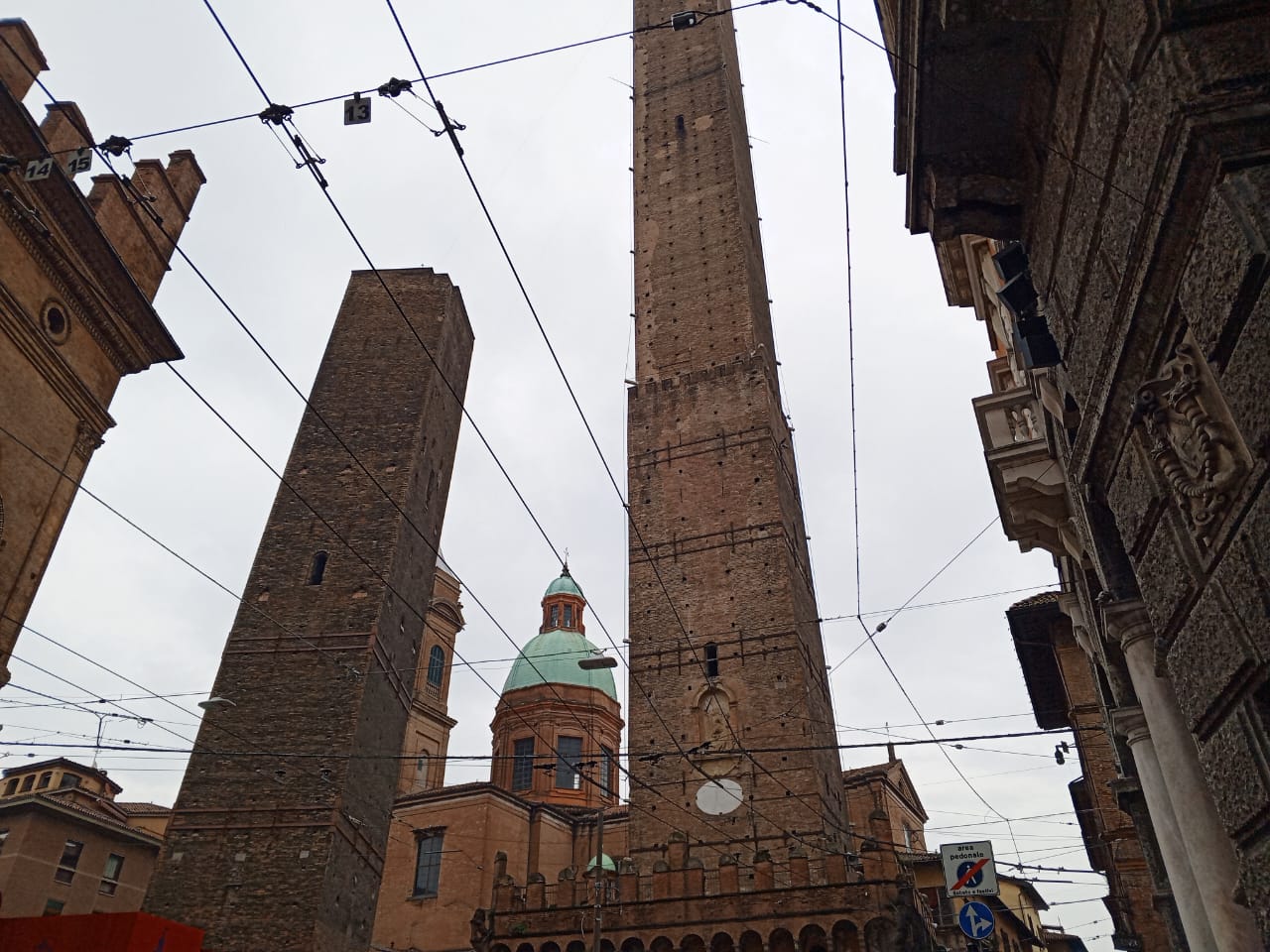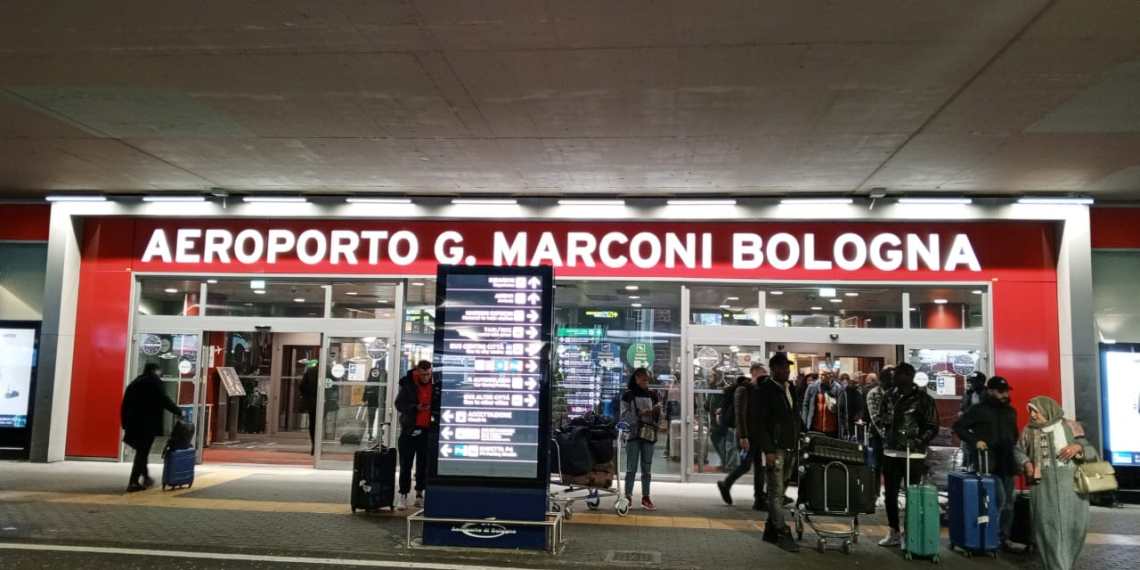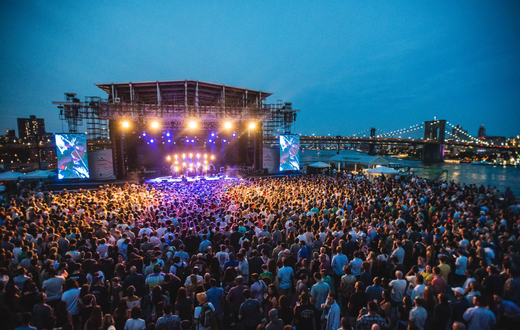For many Nigerians, traveling abroad is not just about the change in scenery—it’s about immersing ourselves in other cultures, tasting new cuisines, making fresh connections, and gathering stories worth sharing back home. My recent adventure took me from the heart of Paris to Italy in February, and it turned out to be an eye-opening journey into the everyday joys of Italian life, especially in a city many tend to overlook: Bologna.
Shortly after returning to my job as an English teacher, a colleague greeted me excitedly, “Hey Dasola, how was Rome?” It’s easy to see why people assume Rome is everyone’s Italian destination—it dominates global imagination as the capital of art, romance, and history. But let me take you beyond the usual tourist circuit and introduce you to Bologna, a city that boasts its own unique charm, and yes, the legendary Bolognese pasta.
Bologna may not always top the average travel list for Nigerians or Ghanaians planning a European holiday, but if you know your pasta sauces, you’ve probably come across “Bolognese.” That hearty, meaty, tomato-based sauce hailed from this vibrant city—and trust me, tasting authentic Bolognese in its birthplace is a food memory you’ll never forget. It’s so rich, flavorful, and comforting that it genuinely deserves a spot on everyone’s food bucket list.
And let’s talk about pizza. As someone who is typically selective about food—what many would call a “picky eater”—I was blown away by the standard of pizza served in Bologna. It exceeded everything I’d imagined, reinforcing the fact that Italians have rightfully earned their reputation for delivering world-class pizza and pasta experiences. I can confidently say that tasting pizza in Italy might completely change the way you see (and eat) pizza elsewhere.

Since that first bite in Bologna, it’s been hard for me to appreciate pizza outside Italy—no exaggeration. France certainly has its culinary strengths, but there’s something about the Italian approach that is distinct: the flavors are bold, yet uncomplicated, letting fresh ingredients speak for themselves. And here’s a tip for Nigerian or Ghanaian foodies trying out Italy: do not leave Bologna without sampling the local parmesan cheese. Add it to your tasting adventure—the way we look forward to party jollof rice at events, locals here celebrate food as a communal, joyful experience. Restaurants are often filled with families and friends sharing big platters, laughter, and stories. Food here is about togetherness, much like our owambe celebrations.
Beyond the food, Bologna exudes an “I’m always happy and free” energy. Its blend of sunshine, drizzles that somehow feel uplifting, and brightly colored buildings come together to create a lively, almost cinematic backdrop. Walking around, you notice people moving with a certain bounce—smiling, gesturing expressively, and engaging enthusiastically in conversation. And yes, the famous Italian hand gestures are very much real! It wasn’t long after landing that I caught sight of animated conversations, complete with hands flying in the air, even right at the airport.

Fashion in Bologna is quite individualistic and free-spirited. People play with colors and trends without fuss, showing a “be yourself” attitude that’s refreshing and inspiring, especially for anyone from West Africa where vibrant personal style is also celebrated. It echoes the relaxed elegance we see in host cities like Lagos or Accra.
Let’s not forget about the language—Italian is delightfully melodic. Every word seems to sing, creating a musical backdrop to everyday life. The first word I picked up on Duolingo was “zucchero,” which means “sugar.” Even a simple word, when spoken in that lilting Italian accent, feels like a flirtatious compliment. If you’re learning Italian or planning a trip, you’ll find that many locals speak English, making communication smoother and travel less intimidating.
During my stay, I was hosted by a friend I had connected with on Facebook back in 2020. Although this was our first time meeting in person, our bond was strong. She spoke Italian so well that her Nigerian accent had faded. She shared fascinating insights about the city’s medieval history, explaining that Bologna was initially planned as a circle with famous “two towers” at its center—a symbol of its ancient heritage and a testament to its longstanding role as a vibrant cultural hub in Italy. The city gradually expanded outwards from this core, much like how communities in Nigeria grow around central markets or landmarks.
Exploring the city center was a delight—street performances, bustling flea markets where you could find unique and affordable bargains, and crowds enjoying live music and local festivities. From funny-looking dogs to impromptu protests, bookshops to luxury designer windows, Bologna had a diversity of experiences packed into its medieval streets.
A quick tip for first-timers: you might come across a “bidet” in the restrooms. I was puzzled at first, but my host explained that it’s for cleaning up after using the toilet—a wide, low basin with a tap attached. For those of us who prefer water over tissue, it’s a welcome feature that made me appreciate the blend of comfort and cleanliness in Italian routines.
Bologna also boasts the world’s oldest university, the University of Bologna, which stands as an architectural marvel and an educational beacon in Europe. While I personally didn’t find the campus as captivating as other city sights, it’s an essential stop for lovers of history and academia. Much of my time, though, was spent hopping between restaurants, libraries, and well-stocked bookshops with my friend, sampling the best the city had to offer.
Getting around Bologna is another plus for visitors from Nigeria or West Africa—public transportation is smooth and efficient. Tapping your card on buses is all you need, and if you ever get overcharged, their system allows for convenient refunds—a level of accountability we can only wish for in some of our local transit networks. Trains also work with minimal fuss. Excitingly, Bologna is investing in electric buses, demonstrating an eco-consciousness that Nigerian city planners could learn from to tackle urban pollution and traffic congestion.
Bologna’s local population adds to the city’s charm. According to many first-time visitors, Italians here are naturally attractive, exuding effortless style and friendliness. I noticed that men in particular seemed unabashedly confident in expressing themselves, embracing both masculinity and softer sides without fear of judgment. “I always thought European men weren’t my type until I arrived in Bologna,” joked one traveler I met at the airport.
When it comes to social integration, racism reportedly feels less pronounced in Bologna than in some other European cities, likely due to the city’s reliance on tourism and open-minded atmosphere. While I noticed a smaller Black population than in France, it’s important not to generalize—diversity can vary depending on where you go. As a Black tourist, I felt mostly welcomed and safe, though I kept my eyes open for how local communities embrace multiculturalism, a value we hold dear in Nigeria.
For anyone considering relocating, visiting, or studying in Europe, I’ll be sharing more soon about life and opportunities in Paris as both a tourist and a resident, especially comparing it to experiences in West Africa.
Bologna has won me over, and I think it could do the same for you. If you’re looking for a destination where you’ll feel vibrant, included, inspired, and never bored—whether through a shared meal, a friendly hug, or a spontaneous dance in the street—Bologna is the place to be. It’s a city that lets you breathe, live out loud, and collect unforgettable memories.
Would you consider visiting Bologna—or do you have another travel destination in Italy or Europe that captured your heart? Share your experiences in the comments below and let us know what cities or foods made your trip unforgettable.
Want more lifestyle inspiration? Follow us on
Facebook,
X (Twitter), and
Instagram for fresh updates.
What’s your view on Italian food and culture—or do you have your own travel hotspot to recommend? Drop a comment below!









